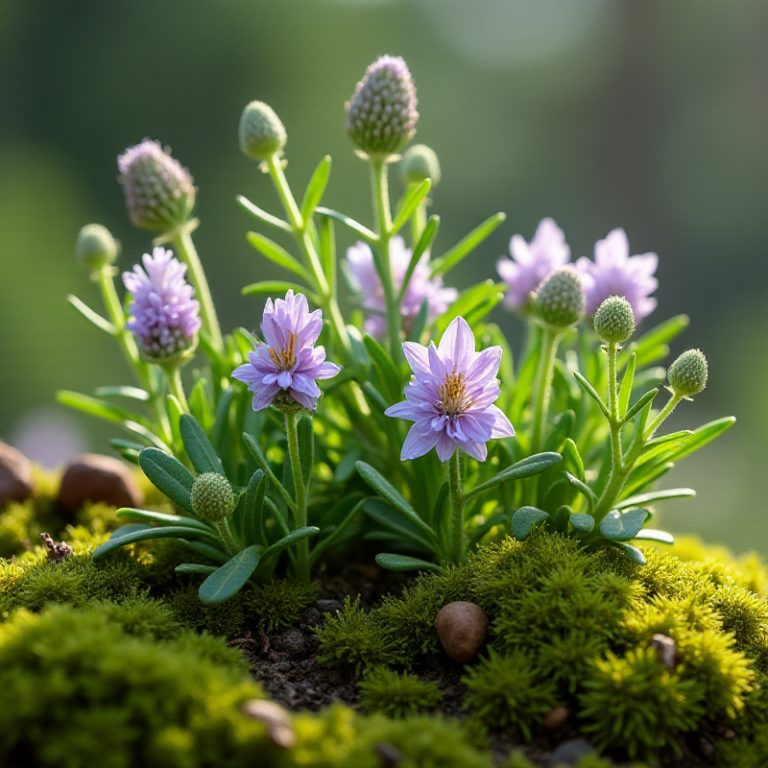When you’re exploring the great outdoors, staying clean isn’t just about feeling fresh—it’s about staying healthy. Plant-based hygiene is a simple, natural way to keep yourself clean while living in harmony with the environment. Using plants not only reduces your reliance on chemical products but also ensures you leave no trace in the wilderness.
If you’ve ever wondered how to stay clean off the grid using what nature provides, you’re in the right place! Let’s explore how to turn the plants around you into an all-natural hygiene toolkit.
Why Go for Plant-Based Hygiene?
Plants offer everything you need to stay clean without harming the earth. Unlike store-bought products that can pollute waterways, plant-based hygiene relies on natural materials that are biodegradable and safe for ecosystems.
Not only is this method practical and eco-friendly, but it also keeps your pack light since you can forage for supplies as you go. Learning a few key plants and how to use them can make all the difference during your outdoor adventures.
Soapwort: Nature’s Soap
Soapwort, or bouncing bet, is one of the best plants for plant-based hygiene. It’s full of saponins, which are natural compounds that create a soapy lather when mixed with water.
How to Use Soapwort:
- Look for soapwort in moist, sunny areas like riverbanks.
- Gather a few leaves and roots.
- Crush them in water to create a sudsy solution for washing your hands, face, or even clothes.
Soapwort is gentle on the skin and fully biodegradable, making it a top choice for staying clean in the wild.
Yarrow: Your Antibacterial Ally
Yarrow is a versatile plant known for its antibacterial properties. It’s excellent for cleaning small cuts, reducing odors, and keeping germs at bay.
How to Use Yarrow:
- Collect fresh or dried yarrow leaves and flowers.
- Boil them in water to create an antiseptic wash.
- Use the cooled liquid to clean your skin or as a natural deodorant.
Yarrow is easy to spot in the wild and has a host of other uses, so it’s a must-know for outdoor hygiene.
Moss: A Handy Scrubber
When you don’t have soapwort or yarrow around, moss is a great substitute. Its texture makes it perfect for scrubbing dirt off your skin or cleaning tools.
How to Use Moss:
- Find soft, green moss (avoid dry or brittle varieties).
- Rinse it in clean water to remove dirt or insects.
- Use it as a natural sponge for your hands, face, or even cookware.
Moss is absorbent, easy to find, and works wonderfully as part of your plant-based hygiene routine.
Deodorize Naturally with Sage and Pine Needles
Keeping body odor under control is just as important as washing up, especially in the wild. Sage and pine needles are two excellent natural deodorants that can help you stay fresh.
- Sage: Rub sage leaves directly onto your skin to neutralize odors.
- Pine Needles: Crush pine needles into a paste with a bit of water, then apply it to areas prone to sweating.
These simple, plant-based options will keep you feeling and smelling fresh, even on the longest hikes.
Tips for Using Plants Responsibly
When practicing plant-based hygiene, it’s important to respect the environment. Follow these guidelines to ensure you’re using plants sustainably:
- Identify Plants Correctly: Always double-check that you’ve identified a plant properly before using it.
- Harvest Responsibly: Only take what you need, and leave plenty for the ecosystem to thrive.
- Avoid Contaminated Areas: Gather plants from clean, untouched locations to avoid exposure to pollutants.
Staying Clean, Naturally
Plant-based hygiene isn’t just about keeping clean—it’s about connecting with nature and living lightly on the earth. Whether you’re using soapwort to wash up, yarrow to disinfect, or moss to scrub, you’ll find that nature provides everything you need.
Next time you venture into the wild, embrace these eco-friendly techniques. They’re simple, effective, and perfect for anyone who wants to stay fresh while respecting the great outdoors.
Also see: Wilderness Candle Making: A Survival Skill Worth Learning



